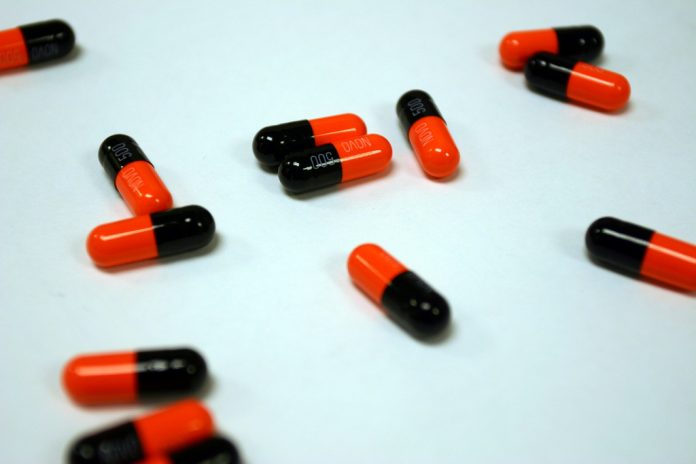Members of the European Parliament have agreed on the need to curb the use of antibiotics to limit antimicrobial resistance (AMR) from emerging in human healthcare, animal husbandry and aquaculture.
They adopted a non-binding resolution, known as the One Health action plan, with 589 votes to 12 and 36 abstentions.
“If nothing is done, antimicrobial resistance may cause more deaths than cancer by 2050,” said rapporteur on the action plan, Karin Kadenbach (S&D, AT). “We have to start by looking at the whole cycle, because people’s and animal health are interconnected. Diseases are transmitted from people to animals and vice versa, and that is why we support the holistic approach of the ‘One Health’ initiative.
“EU member states handle this problem in different ways, so we are asking the Commission to consider requiring EU countries to routinely collect and submit monitoring data so that we have it available at EU level and to establish indicators to measure progress in the fight against antimicrobial resistance,” she added.
The MEPs called on the European Commission and EU member states to restrict the sale of antibiotics by human and animal health professionals, and to remove any incentives for prescribing them.
The MEPs also agreed that the Commission should draft an EU priority pathogen list for both humans and animals, clearly setting future R&D priorities. Incentives should be created to stimulate investment in new substances.
What is more, labels explaining antibiotic use should also be introduced in order to enable consumers to make well-informed choices. The Commission should create a single system for labelling, based on animal welfare standards and good animal husbandry practices, according to the MEPs.
According to Kadenbach, half of antibiotic prescriptions written for humans today are ineffective.
“There are several reasons for that: unprofessional application of antibiotics, both in human medicine (e.g. to treat viral infections, against which they are not effective) and in animal treatment (prophylaxis); transfer of resistant bacteria from animals to humans through direct contact or via the food chain; improper disposal of unused medicines into the groundwater; and inadequate development of new antibiotics. We want a comprehensive strategy to address all these factors.”

